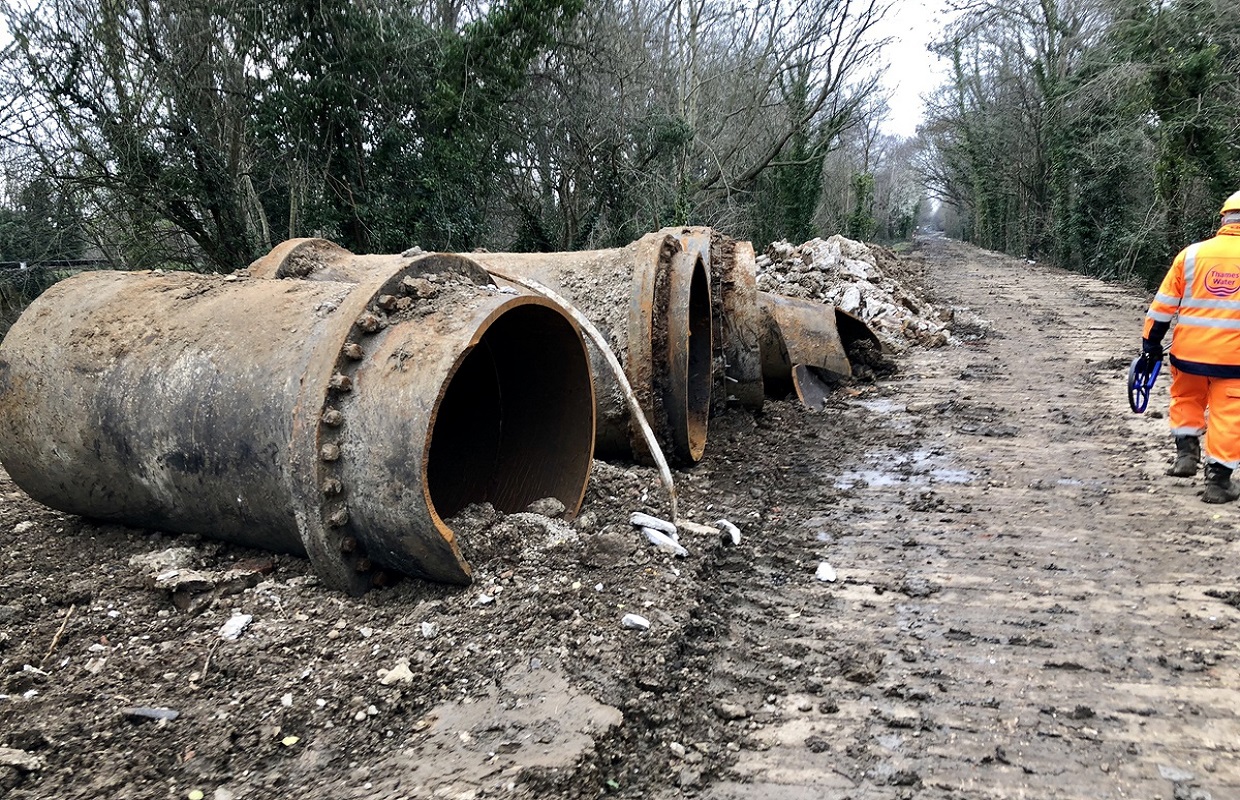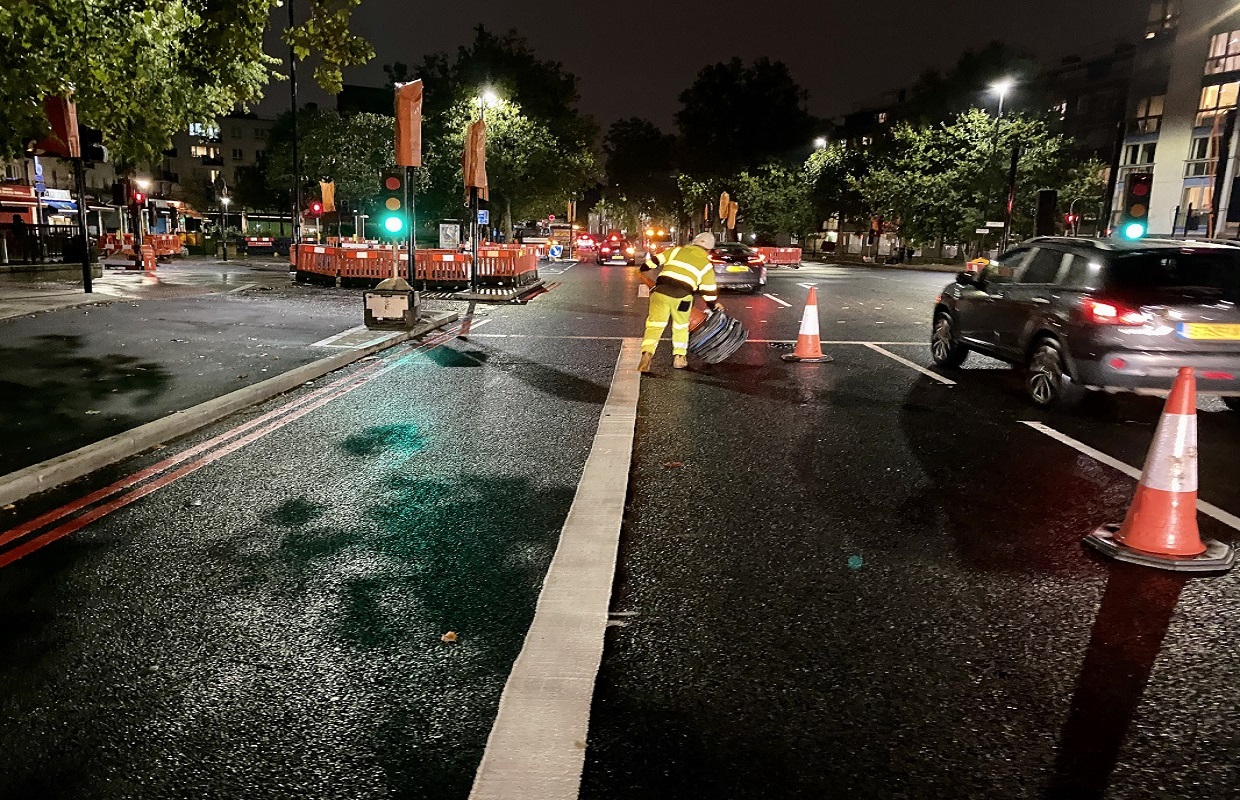Drainage Design & Flood Risk Assessment
Drainage design and flood risk assessment are integral to successful planning applications with great emphasis on Sustainable Drainage Systems (SuDS) for stormwater management. At Sands our Engineers are highly experienced in developing well balanced drainage strategies and designs towards providing cost effective solutions to discharge planning conditions and meet project requirements.
SuDS design is at the core of storm water management aiming to mimic natural performance while managing rainfall locally. We use infiltration options, attenuation systems and innovative layout arrangements to ensure maximum value is derived for the asset life.
We also produce comprehensive wastewater and foul sewer designs for efficient management of wastewater, ensuring the maximum benefit is derived from the system.
Flood risk Assessment
A flood risk assessment (FRA), reviews a development’s proposal and assesses it against the risk of flooding. A FRA is required for developments located in Flood zones 2 or 3; in a Critical Drainage Area; sites larger than 1hectare or that may have an impact on a watercourse. Flooding can come from any one or more of the following sources:
- River (fluvial)
- Groundwater
- Surface water (pluvial)
- Estuary/coastal (tidal)
- Sewers
Our team of flood risk experts have many years of experience and can provide flood advice for any development and provide appropriate mitigation measures.
Highway Engineering
Highways are major investments and key assets for the economic growth and movements of people, goods and services. Thriving communities depend on well planned, designed, maintained and operated highway infrastructures.
Highway design is the basis of all our services, we design and deliver complex highway schemes using cost effective and sustainable solutions from concept design to detailed design. Our work includes geometric design, pavement design, drainage and other associated elements of highways infrastructure.
Our highway design schemes takes the form of the following
- New access roads and drainage for new developments (Section 278 & Section 38)
- Improvements for road safety
- Highway capacity improvements
- Parking strategies & traffic calming schemes
The SANDSEC approach to highway project delivery is fast, smart and provides better value by incorporating best practice in collaborative working from project development phase to construction.
Our traffic engineering team uses engineering techniques in the safe and efficient movement of people and goods on the roadways. Traffic calming, congestion reduction, accident reduction, capacity improvements are design activities undertaken by our team on public infrastructure. Several of our projects in this sector includes, safe route to school schemes, junction capacity improvements, 20mph schemes and accident prevention schemes.
Road Safety Audits
Road Safety Audit is often required by highway and planning authorities when changes are proposed to an existing highway or in the creation of a new one.
The objective of Road Safety Audits (RSA) is to identify aspects of engineering interventions that could give rise to road safety problems and to suggest modifications that could improve road safety. It is a process that is undertaken by Road Safety Auditors independent of the design team. There are four stages to a road safety audit when considering highway works.
- Stage 1 – Completion of preliminary design.
- Stage 2 – Completion of detailed design.
- Stage 3 – Completion of construction.
- Stage 4 – Post opening monitoring.
At SANDS we have highly experienced Road Safety Auditors working on the simplest to the most complex of projects using DMRB GG119 and SQA-0170 for Transport for London(TfL) projects. SQA-170 is the procedure for carrying out Road Safety Audits (RSAs) on the Transport for London Road Network (TLRN).
Traffic Management Plan
We produce Chapter 8 traffic management plan for construction activities involving the highway network and construction site movements and requirements. We work in conjunction with the local approving authority for TMAN approvals with designs aimed at minimising the impact on the network, road users, residential and business premises in proximity of the proposed works.
Our approach involves:
- keeping pedestrians and vehicles apart with adequate allowance for non-motorised users;
- minimising vehicle movements;
- ensuring adequate visibility for all vehicle movements around the construction site.
- ensuring minimum impact on the local networks
- ensuring proposed traffic management route(s) are sufficient for the required vehicle types via route assessment and vehicle swept path analysis of key junctions and other constrained locations.
- and limiting the impact on surrounding roads from illegal manoeuvres, rat running and illegal parking.
Public realm & Place making
Public realm improvements and establishments of quality streets, thriving and sustainable spaces is one of SANDS’s key specialist area of work. The use of imaginative solutions and materials to improve the use of space for people, movement and economic development. We create new urban spaces while incorporating active travel measures, play and relaxation areas without jeopardising the existing nature, spirit and identity of the environment.
Our experience of working collaboratively with landscape architects, local authority placemaking and regeneration teams in England & Wales ensures the delivery of sustainable, cost efficient designs that inspire the local community. In our experience the successful delivery of regeneration schemes involves a smooth blend of Local consultations outcomes, physical and operational requirements of public spaces balanced with urban landscape architecture.
Section 278 / Section 38 Planning Support
A Section 278 agreement is a section of the Highways Act 1980 that allows developers to enter into a legal agreement with the local authority to make alterations or improvements to a public highway while Section 38 is the legal mechanism whereby the local authorities adopts new roads and associated infrastructure.
We are specialists in the design delivery for Section 278 & S38 agreements, our work is tailored to match up the Developer & Council’s requirements to ensure an efficient and valued design process. These agreements provide financial and insurance mechanisms for ensuring the delivery of mitigation works identified as necessary for planning permission to be granted for a private development.












